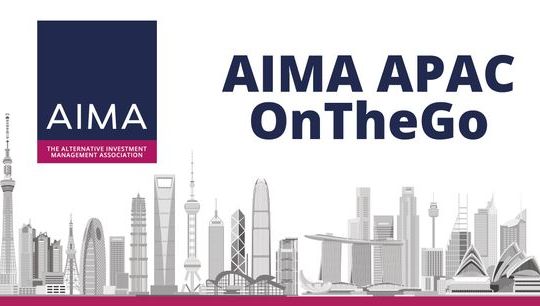AIMA and ACC respond to MAS consultation on retail access to private markets
Published: 27 May 2025
On 26 May, AIMA and the ACC responded to the Monetary Authority of Singapore’s (MAS) consultation paper on providing retail access to private market investment funds, which proposed the creation of long-term investment funds (LIFs).
Our response broadly agreed with MAS’ overall approach to the LIF framework, particularly its focus on looking at international best practices. It highlighted a few points where MAS’ proposals may be too prescriptive to achieve a workable and attractive LIF vehicle:
- A proportionate and principles-based approach to any new rules. While many of the proposed rules for the LIF have merit on their own terms, in aggregate they risk being disproportionate. Rather than introduce prescriptive rules that would work in addition to current requirements, we encouraged MAS to apply a principles-based approach to how these risks should be managed.
- Investment strategy and permissible investments. LIFs in general should have the freedom to invest in the entire range of private market assets, not just a selection of lower risk investments. In particular, LIFs should also be able to invest in real estate assets. Real estate debt is a key component of many private credit strategies; the existing Real Estate Investment Trust (REIT) framework, while useful, may not cater to the needs of all potential investors seeking exposure to this market.
- Leverage. Leverage can play an important role in private market strategies providing investors with attractive returns. While leverage alters the risk profile of any investment strategy, we believe the existing risk management requirements on asset managers adequately address these. For this reason, we proposed that MAS consider a leverage limit of 100% of NAV, which would permit leverage to be employed by LIFs in a manner consistent with international market practice.
- Liquidity management. We broadly agreed with MAS’s approach to liquidity risk management but asked that consideration is given to amending the requirement that redemption requests be paid to investors within 90 days. This requirement would reduce the ability of LIF managers to pursue some private market investment strategies meaning that LIFs would not be a suitable vehicle for them. We encouraged MAS to consider an alternative approach which permits a longer period of time to satisfy redemptions as long as the overall approach to liquidity risk management is balanced.
- Concentration limits and diversification requirements. We disagreed with the imposition of a limit on LIF stakes in an underlying private market investment. The considerations included in the CIS Code are generally already part of the established risk management practices of any private credit manager. Introducing specific prescriptions around the diversification and concentration of the portfolio is likely to disrupt existing practices and lead to a higher compliance cost without any significant additional investor protections.
- Equivalence regime. Singaporean investors would benefit from being able to access global products that are functionally equivalent to the proposed LIF, such as ELTIFs, LTAFs and BDCs.
For further information please contact Guillermo Perez Molina, Private Credit Associate ([email protected]).









